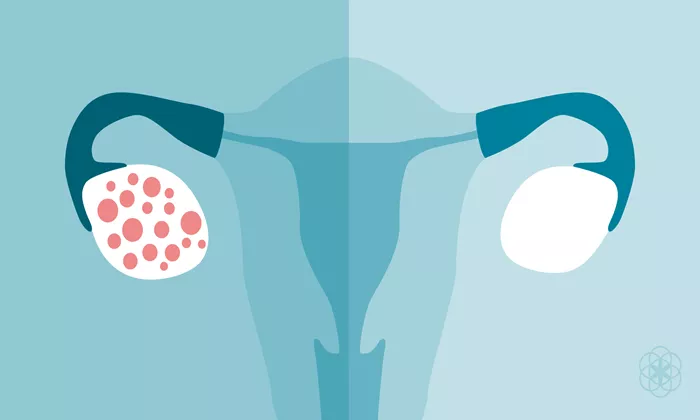Polycystic ovary syndrome (PCOS) has emerged as a significant health issue that is causing widespread concern among countries worldwide. This complex hormonal disorder affects a large number of women, with far – reaching implications for their health, quality of life, and reproductive potential.
The prevalence of PCOS varies from country to country, but it is estimated to affect a significant percentage of women of reproductive age. In some regions, the increasing incidence of PCOS has caught the attention of health authorities. This may be due to a combination of factors, including changes in lifestyle, diet, and environmental influences. The condition is often associated with symptoms such as irregular menstrual cycles, excessive hair growth, acne, and weight gain. However, the diagnosis can be challenging as these symptoms can be non – specific and may overlap with other conditions.
One of the major concerns related to PCOS is its impact on a woman’s reproductive health. Many women with PCOS struggle with infertility. The hormonal imbalances associated with the syndrome can disrupt ovulation, making it difficult for them to conceive. This has led to an increased focus on fertility treatments for women with PCOS in countries where family planning is a priority. Additionally, PCOS during pregnancy can increase the risk of complications such as gestational diabetes, pre – eclampsia, and miscarriage.
From a health perspective, PCOS is also linked to other long – term health risks. Women with PCOS have an increased risk of developing type 2 diabetes, cardiovascular disease, and metabolic syndrome. The hormonal imbalances and associated insulin resistance can contribute to these health problems over time. Countries are concerned about managing these risks, especially as the prevalence of PCOS continues to rise. This may involve screening programs for related comorbidities and providing appropriate medical management.
Diagnosing PCOS accurately is a challenge that concerns many countries. There is no single definitive test for PCOS, and healthcare providers need to consider a combination of symptoms, physical examination findings, and laboratory results. Some countries are working on developing more standardized diagnostic criteria and improving the training of healthcare providers to ensure early and accurate diagnosis.
Treatment options for PCOS are another area of focus. Lifestyle modifications, such as diet and exercise, are often recommended as first – line treatments. However, adherence to these lifestyle changes can be difficult for many women. Medications may be used to manage symptoms such as irregular periods, hirsutism (excessive hair growth), and acne. In some cases, fertility treatments may be required. Countries are concerned about ensuring that women have access to appropriate and affordable treatment options.
In response to these concerns, different countries are taking various actions. Some countries are implementing awareness campaigns to educate women about PCOS. These campaigns aim to increase understanding of the symptoms, diagnosis, and treatment options. For example, public health departments may work with patient advocacy groups to distribute educational materials and hold seminars.
Research funding is also a priority in many countries. Studies are being conducted to better understand the causes of PCOS, improve diagnostic methods, and develop more effective treatments. This may involve collaborations between academic institutions, research centers, and the pharmaceutical industry.
In conclusion, the concern about polycystic ovary syndrome at the country level is a complex and important issue. By addressing issues such as prevalence, diagnosis, treatment, and awareness, countries are working towards improving the lives of women affected by this condition. As our understanding of PCOS continues to grow, international collaboration and sharing of best practices will be crucial in effectively managing this global health concern.
Read more
- Finding the Best Birth Control for PCOS Management
- The Drugs for PCOS: Managing Symptoms & Improving Quality of Life
- 10 Symptoms of Polycystic Ovary Syndrome (PCOS)


